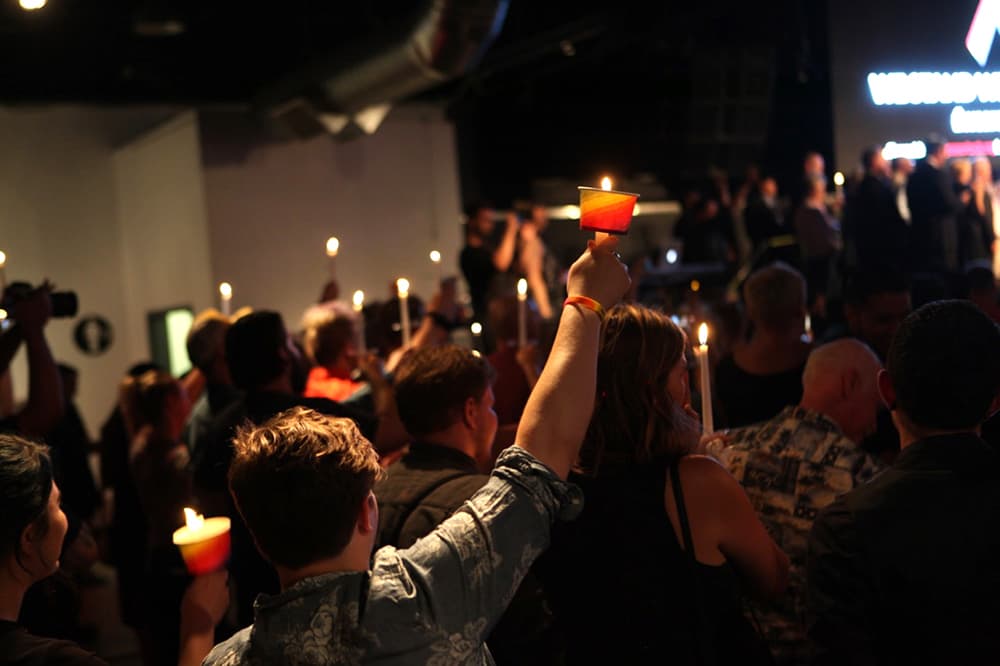Update: This proclamation was approved unanimously by the Denver City Council on Nov. 13.
The Denver City Council is set to honor the memory of transgender people killed in hateful acts of violence.
"This is a day that this community has recognized as important to them," said Councilwoman Robin Kniech. "... In this case, it’s a little bit of both a somber pause, and we’re going to do a little celebrating of the resilience of the community."
This would be the first time that the city's elected leaders have formally participated in Transgender Day of Remembrance, which falls on Nov. 20 each year.
The memorial day was founded in 1999 by Gwendolyn Ann Smith following the murder of Rita Hester in Massachusetts.
Nationwide, there were 36 hate-related killings of LGBTQ and HIV-affected people this year as of Aug. 23, according to the National Coalition of Anti-Violence Programs. It is a record high for that figure, the group said.
Half of transgender people have experienced sexual violence, according to the federal Office for Victims of Crime. Seventy-eight percent of gender non-conforming young people reported "significant abuse at school."
Most of Denver's council members already have signed on as sponsors of the proposal. Besides commemorating people who have died, the proclamation will honor the contributions and strength of transgender people.
Transgender Day of Remembrance will also be marked with a vigil at East High School on November 20 from 6:30 to 8 p.m., followed by a reception from 8 to 9:30 p.m.
Kniech is the first out gay member of the Denver City Council, but she says that even the most politically conservative members have long been supportive of LGBTQ people.
"I don’t think it means that I’m more dedicated than my council members, but maybe it means I’m reading more LGBT magazines," she said.
"I spend time in queer space. Spending that time gives me access to information or ideas. I do think diversity of representation matters."
The city already has converted its single-stall restrooms to be gender neutral. Kniech said that there are few other policy changes that she foresees at the city level, but she pointed to ongoing fights for trans people at the state level.
One of the biggest is Colorado's requirement that people have a sex-reassignment surgery before they can change the gender denoted on their birth certificate. State lawmakers have repeatedly rejected a proposal to change that.











